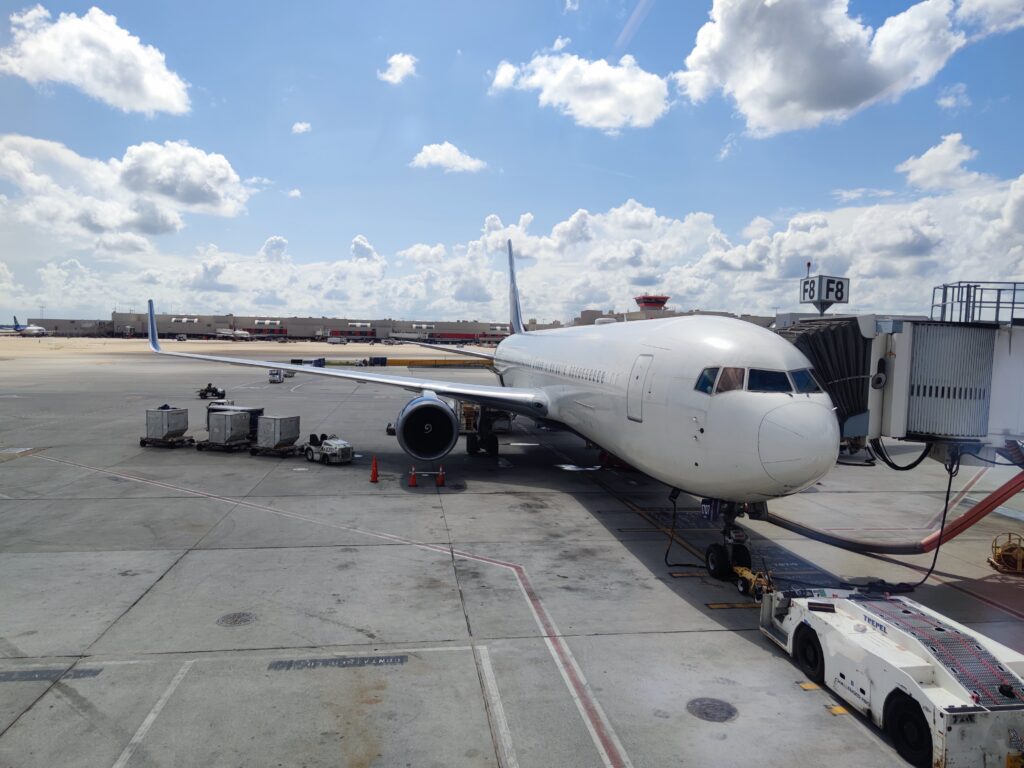Applying Different Marketing Strategies to Delta Airlines
In our previous discussions, we have navigated the sales-driven landscape of US marketing and delved into the storytelling techniques of French luxury brands. Today, let us apply these contrasting philosophies to Delta Airlines, a brand I am personally invested in as a Medallion member.
Why Delta?
I chose to discuss Delta simply because I am a Medallion member. While Delta is not a luxury brand, it has much to learn from the marketing strategies employed by luxury brands.
The Importance of Brand Image
Brand image is crucial, regardless of whether a brand is considered luxurious. Delta caters to a diverse customer base by offering different classes with varying levels of service. First-class passengers not only contribute significant revenue but are also more likely to remain loyal due to the perks and miles they accumulate. Regular customers are equally vital: their word-of-mouth recommendations can have a significant impact on attracting new customers.
Crafting a Unified Brand Image
To be globally competitive, Delta should focus on creating a caring and positive brand image throughout the customer journey. This could be the start of what I would like to call “fandom,” a blend of Cult Loyalty and Benefit Loyalty. Exceptional service, both in-flight and through the SkyMiles Program, can encourage customer loyalty. Special events for high-status members, like Delta Gala or Delta City Club, can make customers feel proud to be part of the Delta community. Small details, like consistent color schemes throughout the customer journey, can also contribute to a unified brand image. Additionally, launching an online Delta store to sell branded merchandise could be a lucrative venture.
Feedback is invaluable for any brand’s growth. Instead of sending emails days after a trip, which often get lost or ignored, Delta could collect immediate feedback either in-cabin or through its app right after a flight. Offering a small gift as an incentive could increase response rates. This feedback should be visibly acted upon, particularly when making changes to services like lounge access or mileage policies. This would be a marked improvement over the current approach, which has led to customer dissatisfaction due to abrupt changes.
In today’s digital age, a strong social media presence is essential. While maintaining an active social media profile is labor-intensive, the benefits are substantial. Simple stories that cater to aviation enthusiasts can generate interest, as can announcements about new routes or aircraft. Educational posts about flight safety and aircraft features can also engage a broader audience, making Delta feel more emotionally accessible and reliable.
Short-Term vs. Long-Term Focus
Delta has built a reputation for quality, but complacency could be its downfall. Recent changes, such as reducing benefits for Medallion members and altering mileage policies, risk alienating loyal customers and deterring potential ones. Imagine choosing between Delta and American Airlines: if both offer comparable services but American has a more attractive loyalty program, the choice becomes clear. A long-term focus is crucial. By leveraging its control over major U.S. hubs, Delta has the potential to expand internationally, especially if it can cultivate a reputation to rival global leaders like Singapore Airlines.
 Do you find this article helpful or wish to discuss it further? Contact me at [email protected] or read more about me.
Do you find this article helpful or wish to discuss it further? Contact me at [email protected] or read more about me.
Transatlantic Marketing Philosophies: Decoding US and French Strategies (3)
Applying Different Marketing Strategies to Delta Airlines
In our previous discussions, we have navigated the sales-driven landscape of US marketing and delved into the storytelling techniques of French luxury brands. Today, let us apply these contrasting philosophies to Delta Airlines, a brand I am personally invested in as a Medallion member.
Why Delta?
I chose to discuss Delta simply because I am a Medallion member. While Delta is not a luxury brand, it has much to learn from the marketing strategies employed by luxury brands.
The Importance of Brand Image
Brand image is crucial, regardless of whether a brand is considered luxurious. Delta caters to a diverse customer base by offering different classes with varying levels of service. First-class passengers not only contribute significant revenue but are also more likely to remain loyal due to the perks and miles they accumulate. Regular customers are equally vital: their word-of-mouth recommendations can have a significant impact on attracting new customers.
Crafting a Unified Brand Image
To be globally competitive, Delta should focus on creating a caring and positive brand image throughout the customer journey. This could be the start of what I would like to call “fandom,” a blend of Cult Loyalty and Benefit Loyalty. Exceptional service, both in-flight and through the SkyMiles Program, can encourage customer loyalty. Special events for high-status members, like Delta Gala or Delta City Club, can make customers feel proud to be part of the Delta community. Small details, like consistent color schemes throughout the customer journey, can also contribute to a unified brand image. Additionally, launching an online Delta store to sell branded merchandise could be a lucrative venture.
Feedback is invaluable for any brand’s growth. Instead of sending emails days after a trip, which often get lost or ignored, Delta could collect immediate feedback either in-cabin or through its app right after a flight. Offering a small gift as an incentive could increase response rates. This feedback should be visibly acted upon, particularly when making changes to services like lounge access or mileage policies. This would be a marked improvement over the current approach, which has led to customer dissatisfaction due to abrupt changes.
In today’s digital age, a strong social media presence is essential. While maintaining an active social media profile is labor-intensive, the benefits are substantial. Simple stories that cater to aviation enthusiasts can generate interest, as can announcements about new routes or aircraft. Educational posts about flight safety and aircraft features can also engage a broader audience, making Delta feel more emotionally accessible and reliable.
Short-Term vs. Long-Term Focus
Delta has built a reputation for quality, but complacency could be its downfall. Recent changes, such as reducing benefits for Medallion members and altering mileage policies, risk alienating loyal customers and deterring potential ones. Imagine choosing between Delta and American Airlines: if both offer comparable services but American has a more attractive loyalty program, the choice becomes clear. A long-term focus is crucial. By leveraging its control over major U.S. hubs, Delta has the potential to expand internationally, especially if it can cultivate a reputation to rival global leaders like Singapore Airlines.
![]() Do you find this article helpful or wish to discuss it further? Contact me at [email protected] or read more about me.
Do you find this article helpful or wish to discuss it further? Contact me at [email protected] or read more about me.
